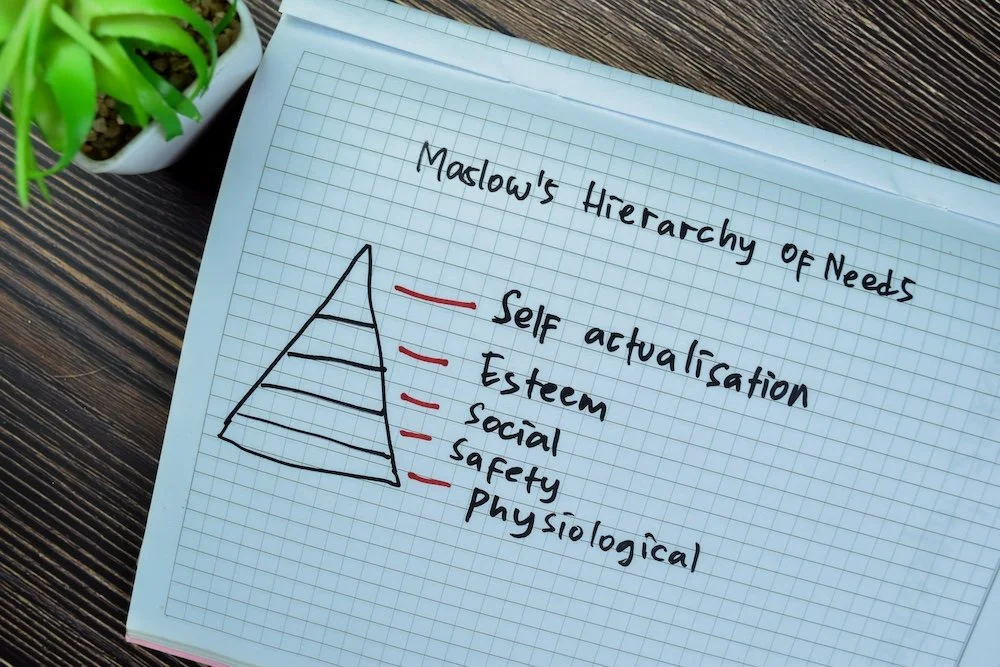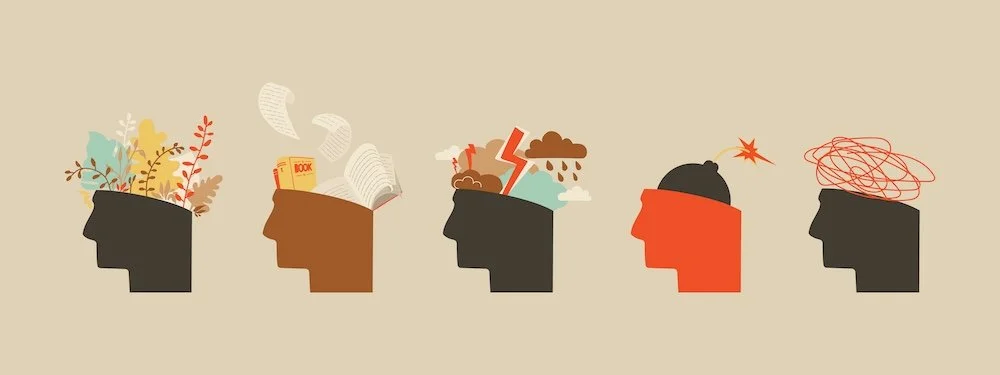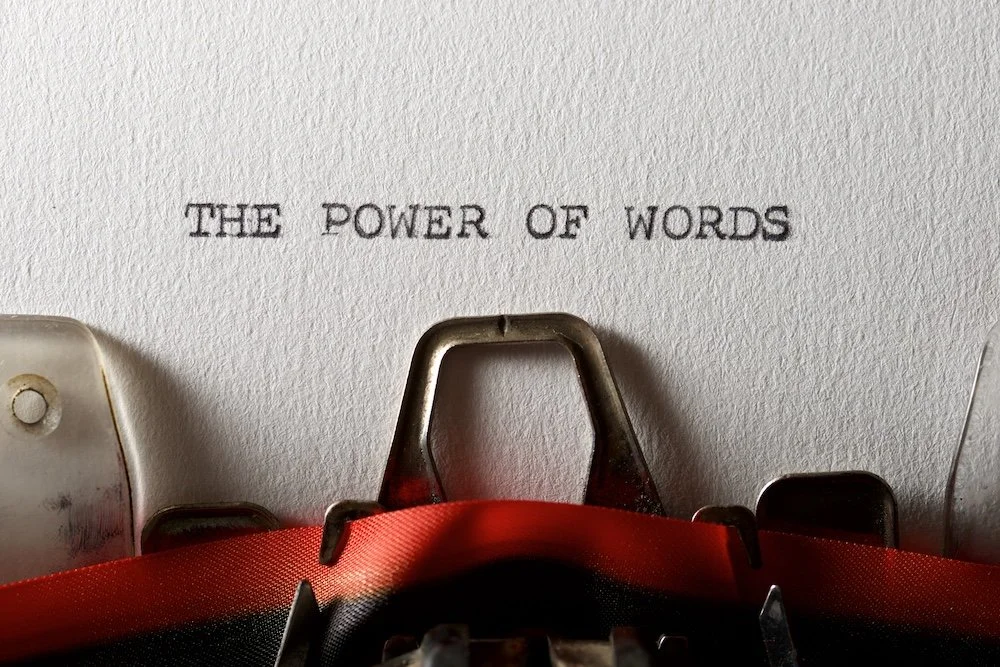We are all in this together. It’s a phrase we don’t hear enough of these days, and it brings forth the idea of mutuality. Mutuality is a positive, interactive relationship between people. The word comes from mutual -- meaning given and received in a reciprocal way.
40 Days of Resolution at Home | Day 20: Conflict Components - Underlying Needs
40 Days of Resolution at Home | Day 19: Body Language
40 Days of Resolution at Home | Day 18: Feelings
40 Days of Resolution at Home | Day 17: You Can't Change Anyone But Yourself
40 Days of Resolution at Home | Day 16: Conflict Components - Interests
The key to conflict resolution is understanding interests. Once you get this concept, conflicts start to make sense. Interests are not positions. The two are paired traditionally in conflict resolution training, because to understand one helps to explain the other -- not because they are one in the same.
40 Days of Resolution at Home | Day 15: Don't Take It Personally
Day 15: Don't Take It Personally
By: Sara Barnes
In conflict situations, try not to personalize.
In this context taking it personally refers to the negative self-talk that can happen when we over-personalize difficult situations. Sometimes we beat ourselves up.
When you take things personally, your ability to resolve the conflict is dramatically diminished, which isn't productive for resolution.
An Example: (excerpted)
The other day, as I walked through the lobby leaving a building, a woman I didn’t know passed me and said, “Buenas." I answered, “Buenas,” and kept going. Then I heard the woman say: “You’re so rude. Learn some manners. When someone greets you, you should greet them back.” I stopped, turned around, and realized the woman was talking to me. I told her that I had responded to her greeting -- that she didn’t hear me. And I went about my day.
What I really wanted to suggest was that maybe she took the interaction a bit too personally. It seems that the quick conflict was fueled by evaluating the interaction through a super personalized lens. "Learn some manners..." is an assumption coming from a person who believes their reading is fully accurate and worthy of comment. "When someone greets you..." indicates a grievance that comes from believing someone has not treated you respectfully. Quick to anger, quick to engage, not always accurate.
Whenever I walk into an elevator and there’s already someone there, I greet them, it is common in Latin America. Most of the time people answer my greeting. Sometimes, they don’t. When they don’t, I don’t take it personally -- maybe they just didn't hear me.
Conflict and Personalization:
Open up a new conflict narrative by moving beyond personalization.
You can:
...learn what is happening for the other person.
...self-reflect and learn about yourself.
...work things out as a willing partner.
...model being a creative thinker.
It’s not that you're being a doormat -- you're just not internalizing others' opinions or setting yourself up to be harmed by others.
Hold to your own principles.
Stay open to what others can offer.
It’s not always easy, but, in a conflict, try your best to not take things personally.
40 Days of Resolution at Home | Day 14: No More Shame and Blame
40 Days of Resolution at Home | Day 13: You Are Responsible for What You Think
40 Days of Resolution at Home | Day 12: Ask an Open-Ended Question
40 Days of Resolution at Home | Day 11: You Can Apologize Better
40 Days of Resolution at Home | Day 10: No More Good/Bad Binary
We've been taught to think of most things in terms of the binary: Right • Wrong, Wonderful • Despicable, Angelic • Devilish, Acceptable • Unacceptable. Oftentimes, our instinct is to choose a binary side -- calling something good or bad: 'beets are SO good!' or 'no way, I CAN'T STAND collared shirts.'
40 Days of Resolution at Home | Day 9: Separate the Person from the Problem
40 Days of Resolution at Home | Day 8: New Attitude, Slow Your Roll
Giving Tuesday | A Gift from Martha's Vineyard Mediation
40 Days of Resolution at Home | Day 7: Turn Accusations Into Questions
40 Days of Resolution at Home | Day 6: Learn to Listen Better
Think of people you admire: a leader, a mentor, someone you respect. What do all these people have in common? Likely, they are good at the skill, art, craft, and science of listening. If you want to be respected, stop talking and start listening -- and not pretend listen -- genuine, appreciative and open-minded listening.






















